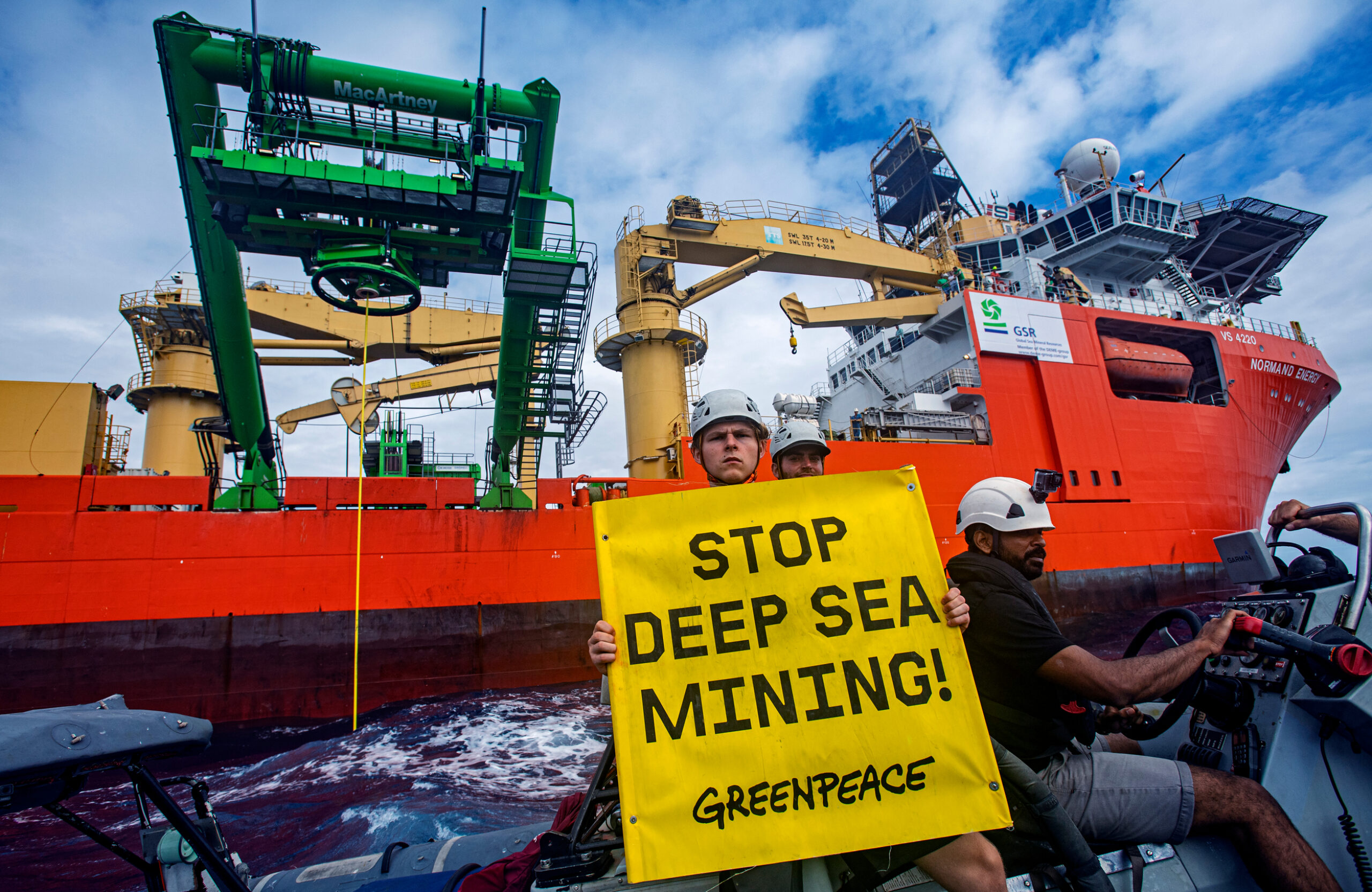Understanding the Call for a Deep-Sea Mining Moratorium
Deep-sea mining, the process of extracting valuable minerals from the depths of the ocean floor, has sparked a significant amount of controversy and concern in recent years. As technology advances, the industry’s interest in deep-sea mining has grown, raising environmental, social, and economic implications that have led to calls for a moratorium.
The Environmental Impact and Sustainability Concerns
One of the primary reasons behind the call for a deep-sea mining moratorium is the potential environmental impact on the delicate and diverse ecosystems found in the deep ocean. Mining activities can disrupt habitats, release toxic byproducts, and create sediment plumes that can smother marine life. The long-lasting effects of such disturbances on this relatively unexplored environment raise serious sustainability concerns.
Social and Economic Ramifications
Aside from environmental consequences, there are also social and economic ramifications to consider. Deep-sea mining can lead to conflicts with local communities and indigenous groups whose livelihoods and cultural practices are intertwined with the oceans. Moreover, the economic benefits of deep-sea mining may not outweigh the potential costs, especially when considering the long-term impacts on marine ecosystems and fisheries.
A Call for Precaution and Further Research
Given the uncertainty surrounding deep-sea mining and its repercussions, many environmental organizations, scientists, and even some governments have advocated for a moratorium on deep-sea mining activities. This call for precaution aims to allow for further research into the potential impacts, develop robust regulations, and establish international frameworks to ensure the sustainable management of deep-sea resources.
World Leaders’ Perspectives on Ocean Conservation
Preserving the delicate balance of our oceans is a global responsibility that world leaders are increasingly recognizing as essential for the health of our planet and future generations. Ocean conservation has emerged as a critical issue on the agenda of numerous international summits and conferences, with prominent figures acknowledging the urgent need for action.
Leaders like President Emmanuel Macron of France have emphasized the importance of marine protected areas and sustainable fishing practices in combatting overfishing and preserving biodiversity. Similarly, Prime Minister Jacinda Ardern of New Zealand has advocated for marine reserves and collaborative agreements to address pollution and climate change impacts on our oceans.
The perspectives of world leaders on ocean conservation reflect a growing understanding of the interconnectedness of marine ecosystems with global climate, economy, and human well-being. By prioritizing sustainable marine resource management and conservation efforts, these leaders are setting precedents for international cooperation and environmental stewardship.
As communities worldwide face the repercussions of overexploitation and pollution, the commitment of world leaders to ocean conservation serves as a beacon of hope for a healthier future. Their advocacy for marine protection and sustainable practices not only benefits marine life but also sustains livelihoods and safeguards the ecological integrity of our planet.
Impacts of Deep-Sea Mining: Environmental Concerns
Deep-sea mining poses significant environmental concerns that must be carefully considered. One major issue is the destruction of unique and fragile ecosystems on the ocean floor. The disruption caused by mining activities can have long-lasting effects on marine life and biodiversity.
Additionally, the release of sediment plumes during mining operations can smother delicate habitats and reduce water quality, impacting the entire marine ecosystem. There are also concerns about potential chemical pollution from extraction processes, which could harm organisms and create toxic conditions in the deep-sea environment.
To mitigate these environmental risks, it is crucial to implement strict regulations, conduct thorough environmental impact assessments, and explore sustainable mining practices. By prioritizing the protection of deep-sea ecosystems and biodiversity, we can work towards a more responsible approach to deep-sea mining that minimizes harm to the environment.
Future of Ocean Policy: A Sustainable Path Forward
Breaking Down the Headlines
As the world grapples with the increasing urgency of climate change and the deteriorating health of our oceans, the future of ocean policy stands at a critical juncture. Recent headlines have underlined the necessity of adopting sustainable practices and policies to protect and preserve our marine ecosystems for future generations.
The Bigger Picture
The future of ocean policy is intricately linked to global sustainability efforts. Overfishing, plastic pollution, rising sea levels, and ocean acidification pose significant threats to marine life and coastal communities. By implementing comprehensive and forward-thinking ocean policies, governments can address these challenges and move towards a more sustainable future.
What This Means Going Forward
Looking ahead, the development of a sustainable ocean policy will require collaboration among policymakers, scientists, industries, and local communities. Key aspects such as marine conservation, renewable energy sources, sustainable fishing practices, and pollution control will need to be prioritized. The shift towards a sustainable path for ocean policy will lead to healthier oceans, vibrant coastal economies, and a more secure future for all who depend on the sea for their livelihoods.
